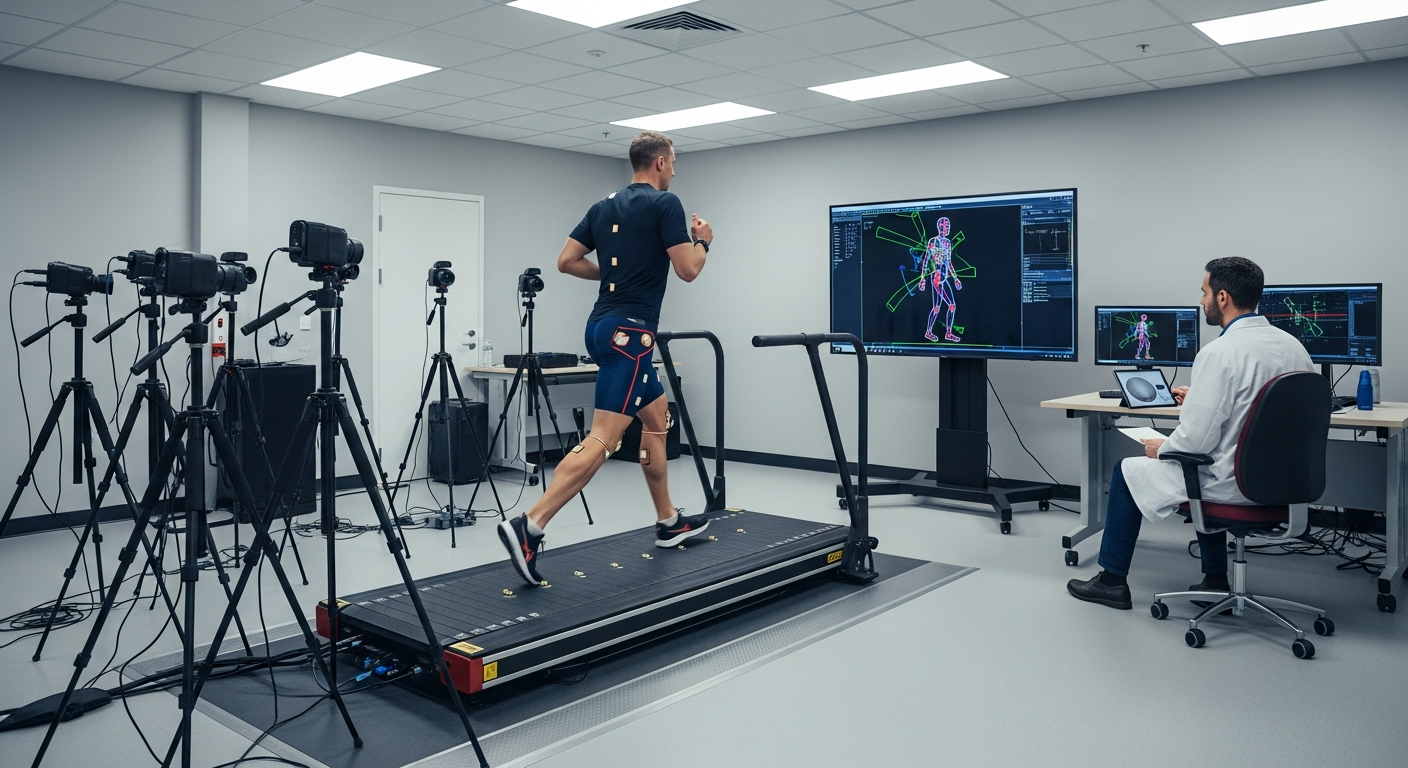Chronotherapy: Timing Your Health for Optimal Wellness
Can the timing of our daily activities significantly impact our health? Imagine if taking medication, exercising, or even eating at specific times could dramatically improve their effectiveness. This isn't science fiction—it's the fascinating world of chronotherapy, a cutting-edge approach to health that's revolutionizing how we think about wellness and treatment.

The Science Behind Chronotherapy
At its core, chronotherapy is based on the understanding of our body’s circadian rhythms—the internal 24-hour clock that regulates various physiological processes. These rhythms influence hormone production, body temperature, metabolism, and even gene expression throughout the day.
Research has shown that our bodies function differently at various times of the day. For instance, our liver is most active in processing medications in the evening, while our cardiovascular system is most responsive to exercise in the afternoon. By aligning our health practices with these natural rhythms, we can potentially enhance their effectiveness and minimize side effects.
Applications in Medical Treatment
One of the most promising areas of chronotherapy is in cancer treatment. Studies have shown that the timing of chemotherapy can significantly impact its effectiveness and side effects. For example, a study published in the Journal of Clinical Oncology found that administering chemotherapy at specific times based on patients’ circadian rhythms could reduce side effects by up to 50% while maintaining or even improving efficacy.
Similarly, chronotherapy has shown potential in treating conditions like hypertension and asthma. By timing medication doses to coincide with the body’s natural rhythms, patients may achieve better control of their symptoms with lower doses, reducing the risk of side effects.
Optimizing Exercise Through Timing
The concept of chronotherapy extends beyond medical treatments to lifestyle practices like exercise. Research suggests that the time of day we exercise can influence its benefits. A study published in the Journal of Physiology found that morning exercise may be more effective for fat burning and weight loss, while afternoon workouts might be better for building muscle strength and endurance.
This doesn’t mean everyone should switch to morning workouts—individual circadian rhythms can vary. The key is to find a consistent time that aligns with your body’s natural rhythms and stick to it, potentially maximizing the benefits of your exercise routine.
Chronodieting: Timing Your Meals for Better Health
Another fascinating aspect of chronotherapy is its application to nutrition. Chronodieting, or timing meals to align with our circadian rhythms, is gaining attention in the nutrition world. Research suggests that eating in sync with our body’s natural rhythms can improve metabolism, weight management, and overall health.
For example, studies have shown that eating larger meals earlier in the day and lighter meals in the evening may lead to better weight control and improved metabolic health. This aligns with our body’s natural rhythm of insulin sensitivity, which is highest in the morning and decreases throughout the day.
Chronotherapy in Action: Practical Tips
-
Time your medications: Consult with your healthcare provider about the optimal timing for your medications based on chronotherapeutic principles.
-
Schedule workouts strategically: Experiment with exercising at different times of day to find what feels best and yields the best results for you.
-
Practice time-restricted eating: Consider limiting your eating window to 8-12 hours per day, aligning with your body’s natural metabolic rhythms.
-
Synchronize your sleep: Maintain a consistent sleep schedule to support your body’s circadian rhythms.
-
Be mindful of light exposure: Maximize exposure to natural light during the day and minimize blue light exposure in the evening to support healthy circadian rhythms.
As we continue to unravel the intricate relationship between time and health, chronotherapy offers an exciting new frontier in personalized medicine and wellness. By aligning our health practices with our body’s natural rhythms, we may unlock new levels of effectiveness in our treatments and lifestyle choices. While more research is needed to fully understand and implement chronotherapeutic approaches across various health domains, the potential for improving health outcomes and quality of life is immense. As always, it’s essential to consult with healthcare professionals before making significant changes to your health regimen, but staying informed about innovations like chronotherapy can empower us to take a more active role in optimizing our health and well-being.






